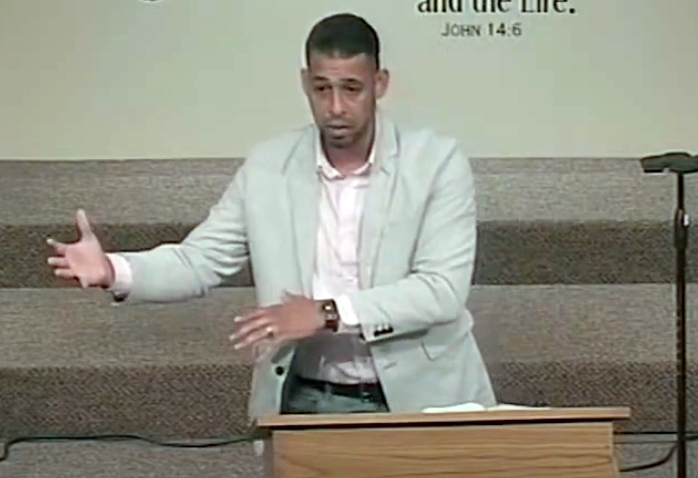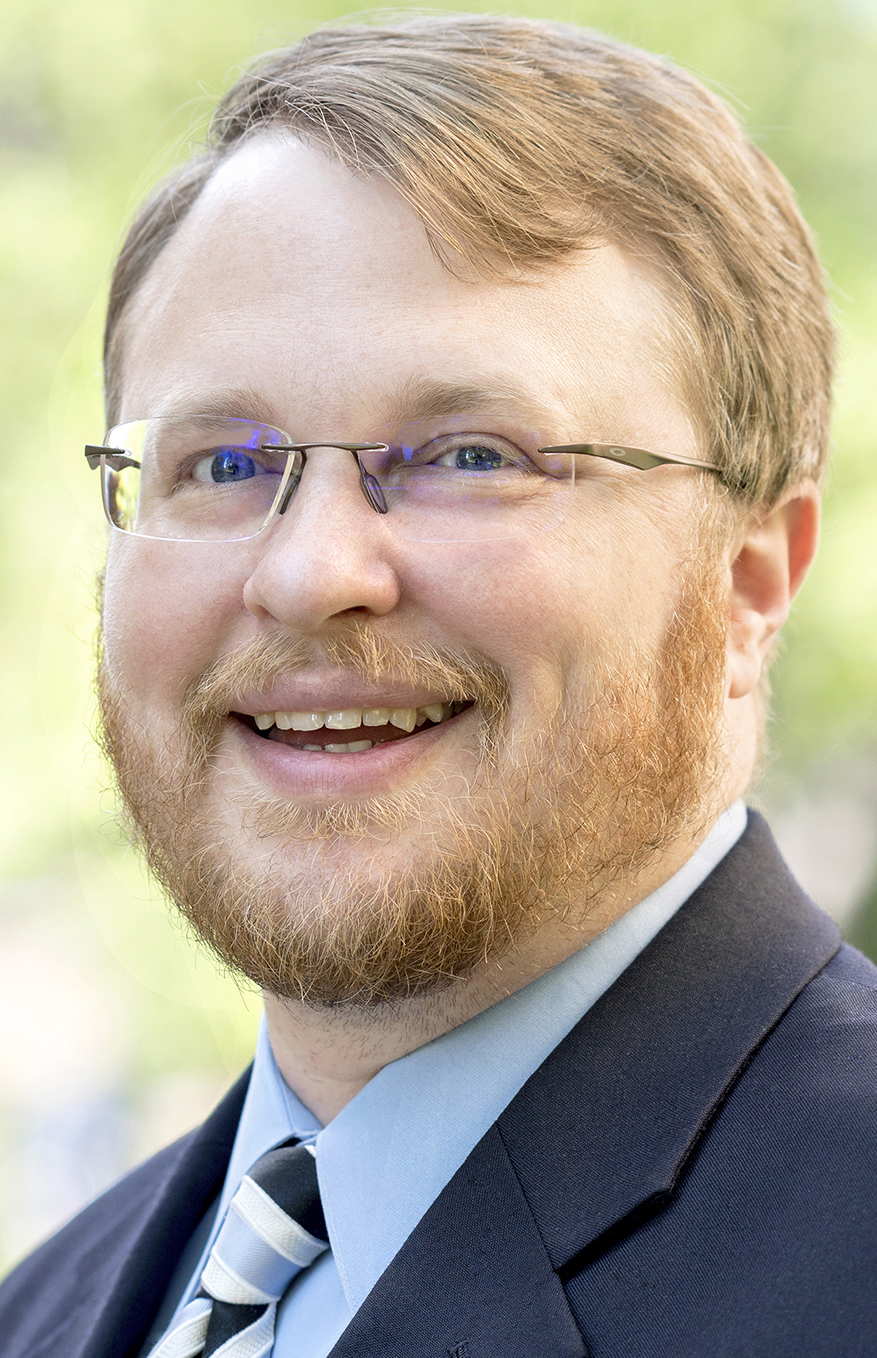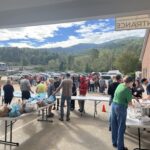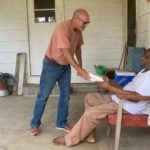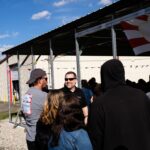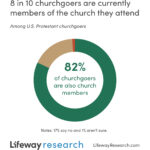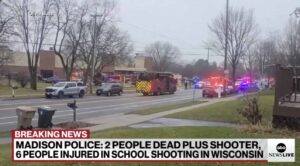
WAYNESBORO, Va. (BP) – In an effort to “create space” for difficult theological and cultural conversations, Wayne Hills Baptist Church hosted its first ever Imago Dei Conference Saturday, (Aug. 21.)
Inspired by current cultural debates regarding race and sexuality, the church began planning the event more than six months ago. The result brought a one-day conference covering a variety of topics, all concerning the doctrine of the Image of God.
Guest speakers from a variety of local churches and universities spoke on topics such as the authority of Scripture and the image of God as it relates to the Gospel, ethnicity and sexual ethics. A time for answering attendee questions also followed multiple sessions.
Brian Autry, executive director of the Southern Baptist Convention of Virginia, kicked off the event by preaching on the authority and sufficiency of Scripture as a framework for the rest of the discussions. He expressed gratitude that SBCV churches were seeking to engage current cultural conversations through the lens of Scripture.
“The SBCV is blessed with pastors and churches seeking to apply the Scriptures to issues we are facing in culture, proclaiming the authority and sufficiency of Scripture,” Autry said in a statement to Baptist Press.
“I am thankful our churches and pastors embrace the authority and sufficiency of the Bible and seek to minister with grace and truth and they engage their communities with the Gospel of Jesus Christ. In the midst of so many voices and with such lostness, we must show and tell people that Jesus is the answer and that He transforms lives for the better.”
Will Soto, associate pastor at Wayne Hills, said the church’s leadership determined that many of the current issues and problems people face boil down to a biblical view of humanity.
The church wanted to create an opportunity for believers in its community to discuss what the Bible says about the image of God in humanity and how that applies to the cultural topics of the day.
“The fact that Scripture begins with this infusion of the Image of God, that God has made men and women in His Image, I think this probably can be traced back to most if not all of the issues that we’re experiencing and some of the conversations that were having,” Soto said. “If nothing else, our anthropological view affects the way that we function, particularly within relationships, within societies and within a culture.”
Two of the main topics at the conference were race and sexuality. Soto said the topic of race was in response to the national discussion surrounding the issue in recent months, while the focus on human sexuality was in response to local news regarding polices enacted by the Virginia Department of Education.
According to media reports, all VDOE schools will begin enacting policies this fall aimed at creating a more inclusive environment for students that identify as transgender or non-binary. Portions of the “model policy” approved by the VDOE General Assembly include allowing students to use restroom facilities that correspond to their “gender identity,” and allowing students to use gender pronouns reflecting the same.
Soto said the controversy brought on by these policies made the church want to address these issues corporately by examining biblical humanity.
“These questions are really at their core about biblical anthropology,” Soto said. “What does it mean to be human? What are the implications and what does it functionally mean for us to be made in the Image of God? It made sense to focus on the Image of God as the key doctrine.”
Wayne Hills also began a sermon series on Sunday (Aug. 22) that will address the doctrine for the congregation. Soto said he desires believers to examine the doctrine more closely and more deeply, in order to apply it in a way that more resembles Scripture than culture or tradition.
“Believers that I know and that I’ve heard from and had conversations with, they would all agree that every person is made in God’s Image,” Soto said. “Each person is fearfully and wonderfully made. I think where we fall short is orthopraxy. To make the doctrine effective and fruitful.”
Soto said he hopes his congregation and local community, as well as Southern Baptists across the country, would seek to “create spaces,” for difficult conversations about such topics to happen in a local church setting.
Church leaders should seek a better way than social media to converse with believers about theological topics as well as how they relate to the culture, he said, adding that “conversations are being had whether you engage with them or not.”
“I don’t think it’s helpful for shepherds to engage these conversations in a sort of ‘hot take,’ way,” Soto said. “We look for the mic drop or the gotcha moment. ‘This verse speaks to this definitively and that’s all we need.’ It’s often just a social media post that doesn’t allow for dialogue or nuance. That’s probably the worst way to go about it. That can shut down a lot of conversation that needs to happen.”
Beyond discussion on cultural issues, Soto also said the church has a responsibility to serve as a counter-cultural avenue of true change through the truth of the Gospel.
“I don’t think it’s helpful so often that the church looks like the culture with a little bit of sanctification sprinkled in,” Soto said. “The kingdom and the expression of it is not just counter-culture, but also transformative. It presents something so vastly unique you can’t find it anywhere else.”
